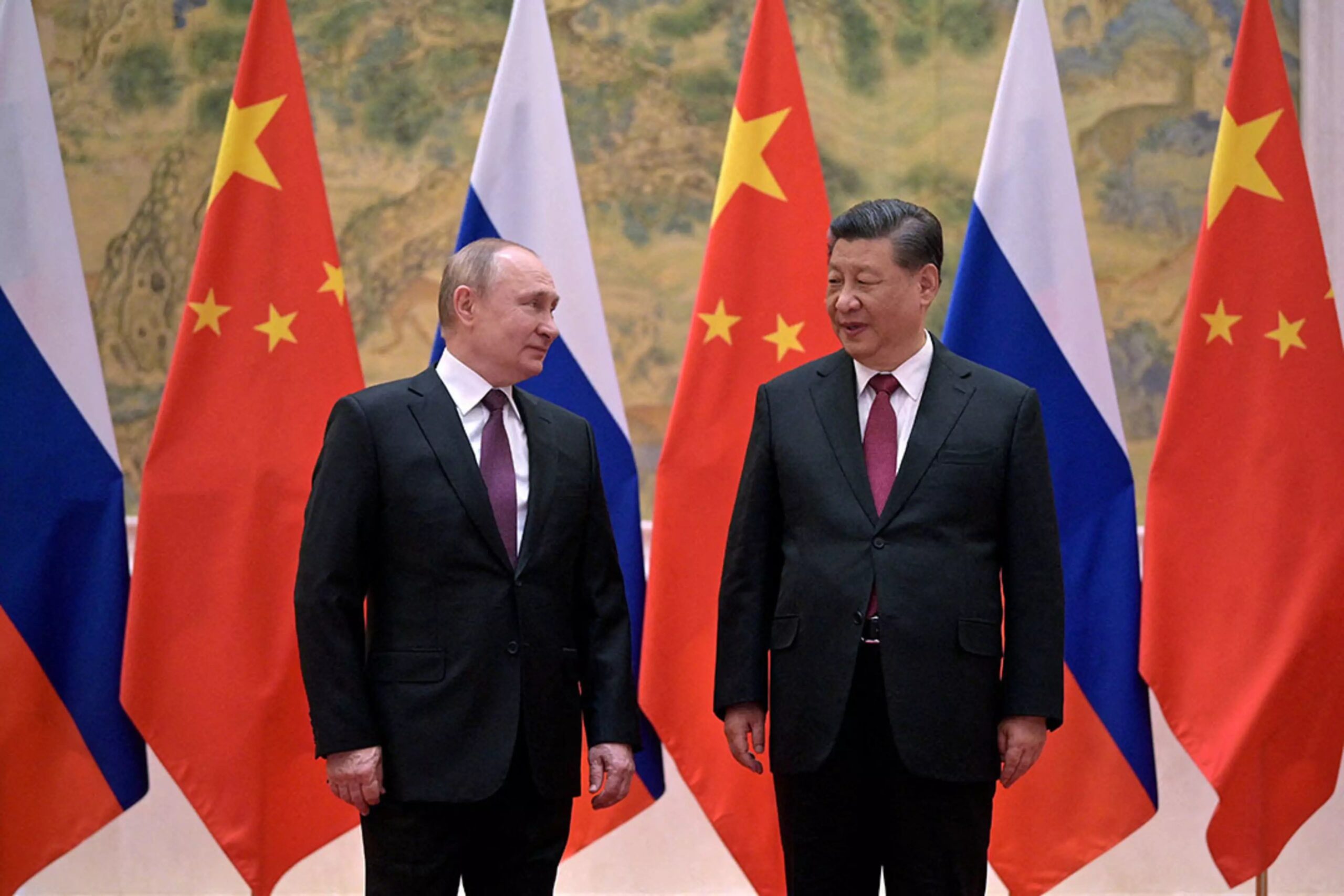In recent years, global politics has been marked by significant trends that are reshaping traditional power dynamics and alliances. The rise of populism has led to the emergence of nationalist leaders, eroding traditional political alliances and creating new dynamics. Meanwhile, there is a shift in power dynamics as emerging powers like China and India challenge the dominance of the US and Europe, leading to changing alliances and geopolitical strategies. Additionally, increasing regionalism, the growing influence of non-state actors, and the impact of climate change and technological advancements are also shaping global politics. The migration crisis, the rise of authoritarianism, and the role of economic and trade alliances are further contributing to the evolving landscape of global power.
1. Rise of Populism
The rise of populism in global politics has been a significant trend in recent years. Populist leaders have emerged in countries around the world, appealing to the concerns of the common people and advocating for nationalist policies. This trend has led to the erosion of traditional political alliances and the emergence of new dynamics in global politics.
2. Shift in Power Dynamics
The traditional power dynamics in global politics have been undergoing a shift, with emerging powers such as China and India challenging the long-standing dominance of the United States and Europe. This shift has resulted in changing alliances and new geopolitical strategies as countries seek to navigate the evolving landscape of global power.
3. Increasing Regionalism
A trend towards increasing regionalism has been observed in global politics, with countries forming closer alliances within their respective regions. This trend has led to the strengthening of regional organizations and the emergence of new regional power dynamics, which have had a significant impact on global politics.
4. Growing Influence of Non-State Actors
Non-state actors, such as multinational corporations, non-governmental organizations, and terrorist groups, have been playing an increasingly influential role in global politics. Their influence has led to the formation of new alliances and the reshaping of traditional power dynamics, as these actors seek to advance their own interests on the global stage.
5. Climate Change and Environmental Policy
The growing awareness of the impacts of climate change has led to a shift in global politics towards environmental policy and cooperation. Countries are forming new alliances to address the challenges posed by climate change, and environmental issues are increasingly shaping global political agendas.
6. Technological Advancements
Technological advancements have had a significant impact on global politics, leading to new forms of diplomacy, warfare, and cooperation. This trend has resulted in the formation of new alliances among countries and the reshaping of traditional alliances as countries seek to leverage technological advancements for their strategic advantage.
7. Migration and Refugee Crisis
The global migration and refugee crisis has been a major trend in global politics, with millions of people displaced due to conflict, political instability, and economic hardship. This crisis has led to changing alliances as countries seek to address the challenges posed by mass migration and the integration of refugees into their societies.
8. Rise of Authoritarianism
The rise of authoritarian regimes in various parts of the world has had a significant impact on global politics, leading to the erosion of democratic alliances and the emergence of new power dynamics. This trend has led to increased tensions and competition among countries as they seek to assert their influence in the face of authoritarian expansion.
9. Economic and Trade Alliances
Economic and trade alliances have played a significant role in shaping global politics, with countries forming alliances to promote economic growth and cooperation. This trend has led to the formation of new trade agreements and economic partnerships, which have had a major impact on global power dynamics.
10. Shifting Alliances in International Organizations
The shifting alliances in international organizations, such as the United Nations and the World Trade Organization, have been a notable trend in global politics. Countries are forming new alliances within these organizations to advance their own interests and agendas, leading to the reshaping of traditional power dynamics and international cooperation.
